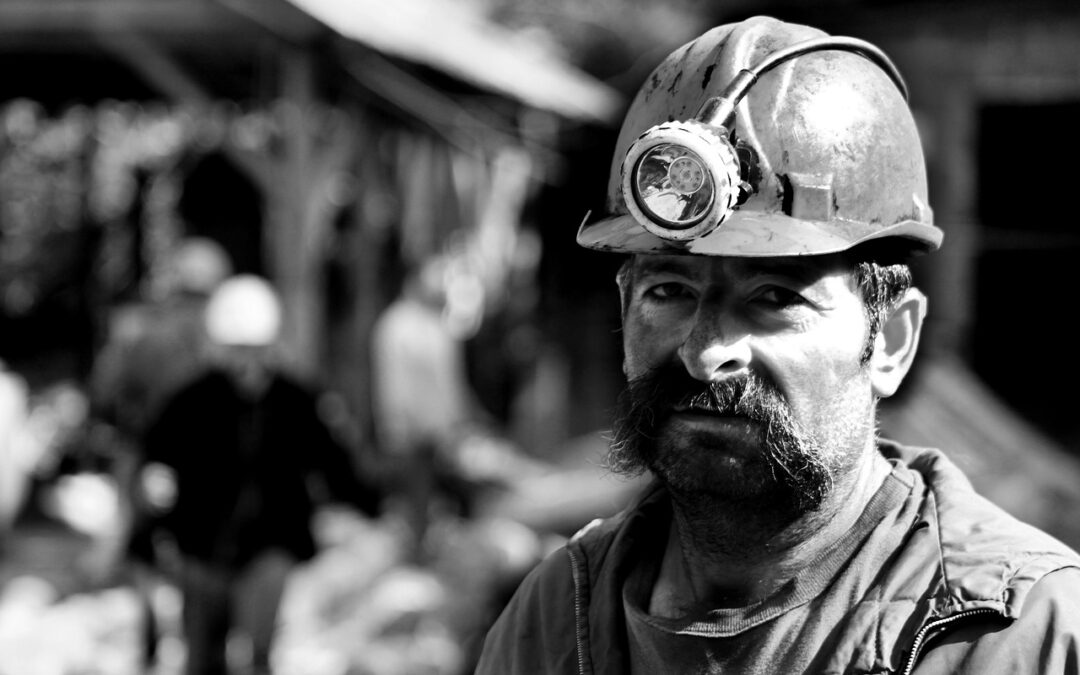The mining industry has long been known for its physically demanding work environments, but in recent years, more attention is being placed on the mental health and well-being of miners. As mental health becomes a more prominent issue in every industry, it’s crucial to understand the unique challenges faced by miners and how improving workplace culture and support systems can lead to greater employee satisfaction.
Workplace Culture in Mining
The workplace culture in the mining industry is characterized by long hours, physical labor, and often remote locations. Miners are typically exposed to dangerous conditions, working in high-stress environments where safety is paramount. This kind of physically demanding work can create pressure, both physically and mentally, making it important for employers to foster a supportive environment where mental health is prioritized.
While the physical aspects of mining are well-known, less attention has been given to the mental health impacts. Miners face extended periods away from their families, isolation, and pressure to meet production targets, all of which can contribute to feelings of stress, anxiety, and depression.
How Does The Workplace Culture Affect The Mental Health and Well-Being of Miners?
The intense culture of the mining industry, with its long shifts and focus on productivity, often leaves little room for open discussion about mental health. Many miners feel that expressing their mental struggles could be viewed as a weakness, leading to a “tough it out” mentality. Unfortunately, this can lead to untreated mental health issues, increasing the risk of long-term problems such as burnout or severe depression.
A positive workplace culture, on the other hand, can significantly impact the mental well-being of miners. Encouraging communication, offering mental health resources, and ensuring that miners have access to support systems can improve their overall well-being. Acknowledging that mental health is just as important as physical safety is a crucial step toward creating a balanced workplace environment.
Does The Physical Labor In Mining Take A Toll On The Mental Health Of Miners?
There is no question that the physically demanding nature of mining takes a toll on the body, but it also has significant implications for mental health. The exhaustion that comes from long shifts and intense labor can lead to emotional fatigue, irritability, and difficulty managing stress.
Miners are often required to work in hazardous environments, where they must remain vigilant for safety hazards. This constant state of alertness can cause stress and anxiety, especially when miners are worried about their safety and that of their coworkers. Additionally, the isolation many miners feel from being away from family for long periods can lead to loneliness, contributing to mental health struggles.
Steps To Improve Mental Health In Mining
Improving mental health in the mining industry starts with fostering a supportive workplace culture and providing resources for employees. Here are some actionable steps that can be taken:
- Encourage Open Communication: Miners should feel comfortable discussing their mental health without fear of stigma or judgment.
- Provide Mental Health Resources: Employers should offer access to counseling services, mental health programs, and workshops focusing on stress management and well-being.
- Promote Work-Life Balance: Miners, especially those in remote locations, should be encouraged to take time off and maintain a healthy work-life balance, with time to rest and recuperate.
- Training for Management: Supervisors and management should be trained in recognizing the signs of mental health issues and knowing how to support their team members effectively.
- Team Support: Building a sense of camaraderie among workers can help alleviate feelings of isolation, promoting stronger mental health within the group.

How Does MSHA Protect Miners’ Mental Health?
The Mine Safety and Health Administration (MSHA) has always focused on the physical safety of miners, ensuring regulations are in place to protect workers from hazards. Recently, however, more attention has been given to the mental health of miners. MSHA offers training programs that include mental health education, recognizing the importance of addressing both physical and mental well-being in the workplace.
MSHA’s role in ensuring mental health extends to providing miners with resources, such as mental health hotlines and safety programs, to help workers cope with the pressures of their jobs. Moreover, the inclusion of mental health awareness in safety training helps miners and supervisors identify and address potential mental health concerns before they escalate into more serious issues.
Prioritizing Mental Health: A Path Forward for the Mining Industry
In an industry as demanding as mining, addressing mental health is just as critical as ensuring physical safety. By fostering a positive workplace culture, offering support systems, and providing access to mental health ,rces, mining companies can make a significant difference in the lives of their employees. Mine owners and operators that recognize the impact of mental health in mining and take steps to address it, can create a safer, healthier, and more supportive environment for all the miners on their team.

